Remember 2010? Seems like ages ago, right? Back then, a movie ticket felt affordable, a plate of momos didn’t break the bank, and buying a house seemed like a reachable dream for many. Fast forward to 2025, and well, things have changed.
We’ve seen massive “progress” in many ways –
- dazzling new technologies
- faster internet
- more choices than ever before
But this progress, this constant push for “more,” has come with a hidden price tag. It’s not just about how much money leaves our wallet. It’s about what we’ve gained and what we might have lost in the process.
Let’s dive into the true cost of the last 15 years of progress.
The Ever-Increasing Bill: Our Wallets Feel the Pinch
Okay, let’s start with the obvious. Prices have skyrocketed.
- Basic Necessities: Think about food, cooking gas, and petrol. They’re way more expensive now. Even everyday groceries cost a lot more than they used to.
- Big Dreams: Buying a home? A car? These aspirations have become much harder to achieve for many middle-class families. The down payments are bigger, and the EMIs stretch longer.
- Education & Healthcare: The cost of quality education and decent healthcare has gone up dramatically. This puts a huge burden on families, often forcing them to take on loans.
This constant rise in prices means our hard-earned money just doesn’t go as far as it used to. We earn more, yes, but we also spend a lot more just to maintain our lifestyle.
The Race to Keep Up: Our Minds Feel the Strain
It’s not just about money. This constant pressure to keep up with rising costs creates stress.
- Work-Life Imbalance: Many people are working longer hours, taking on side hustles, or even multiple jobs. The focus shifts from “living” to “earning enough to live.”
- Mental Health Matters: The financial stress can lead to anxiety, burnout, and even depression. The dream of a comfortable life often feels out of reach, leading to frustration.
- Less Time for What Matters: When you’re constantly chasing the next rupee, there’s less time for family, friends, hobbies, or simply relaxing. Our personal well-being often takes a backseat.
This “progress” has made us busier, but not necessarily happier or more at peace.
The Disposable Planet: Our Earth Takes a Hit
Our quest for more, faster, and cheaper also has a massive environmental cost.
- More Stuff, More Waste: From fast fashion to new gadgets every year, we’re consuming more and more. This means more factories, more resources used, and a huge mountain of waste.
- Plastic Everywhere: Look around you. Plastic packaging, plastic bags, plastic bottles. It’s convenient, but it chokes our landfills and pollutes our oceans.
- Resource Depletion: To make all these new things, we’re digging up more minerals, cutting down more forests, and using more water. Our planet’s resources are not endless.
- Climate Change: All this production and consumption releases greenhouse gases, contributing to climate change. We’re seeing more extreme weather events – floods, heatwaves, unpredictable monsoons.
The “progress” we celebrate often overlooks the long-term damage we’re doing to our home planet.
The Changing Fabric: Our Society Evolves
As costs rise and lifestyles change, so do our values and social structures.
- Nuclear Families vs. Joint Families: The economic pressure often means families live in smaller units in cities, moving away from traditional joint family systems. This can impact support systems.
- Aspiration vs. Reality: Social media shows us a world of luxury and instant gratification. This creates aspirations that are sometimes unrealistic given the economic realities, leading to discontent.
- The “Experience Economy”: Since material possessions are so expensive, many are shifting towards valuing experiences more – travel, concerts, unique food. It’s a way to find joy without the burden of owning more stuff.
- Community Bonds: Are we as connected to our neighbours as we used to be? The focus on individual achievement and economic survival can sometimes weaken community ties.
Our progress isn’t just about what we buy; it’s about how we live, interact, and what we truly cherish.
Learning Our Lessons: What Now?
So, what has this 15-year journey taught us?
- Mindful Spending: It’s not just about earning more, but spending smarter. Prioritizing needs over wants.
- Investing in Experiences: Realizing that memories and experiences can be more valuable than material possessions.
- Sustainability Matters: Understanding that our choices have an impact on the planet, and adopting greener habits is crucial.
- Resilience is Key: Learning to adapt to change, build financial buffers, and find innovative ways to thrive.
- Rethink “Success”: Is true progress just about economic growth, or is it about well-being, community, and a healthy planet?
The last 15 years have been a whirlwind of change, teaching us tough but important lessons. It’s time to look “Beyond the Price Tag” and consider the true, full cost of our progress. What kind of future do we want to build, not just for our wallets, but for our minds, our planet, and our society?


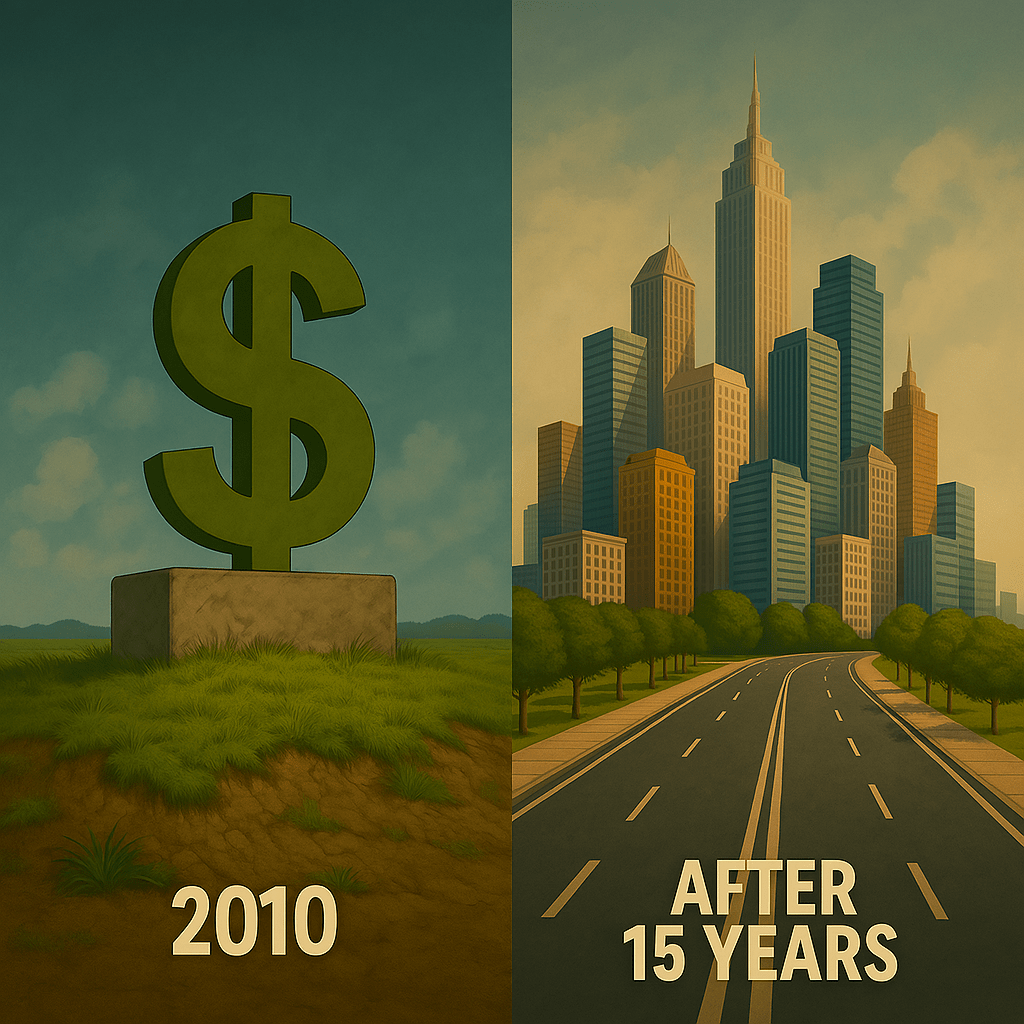
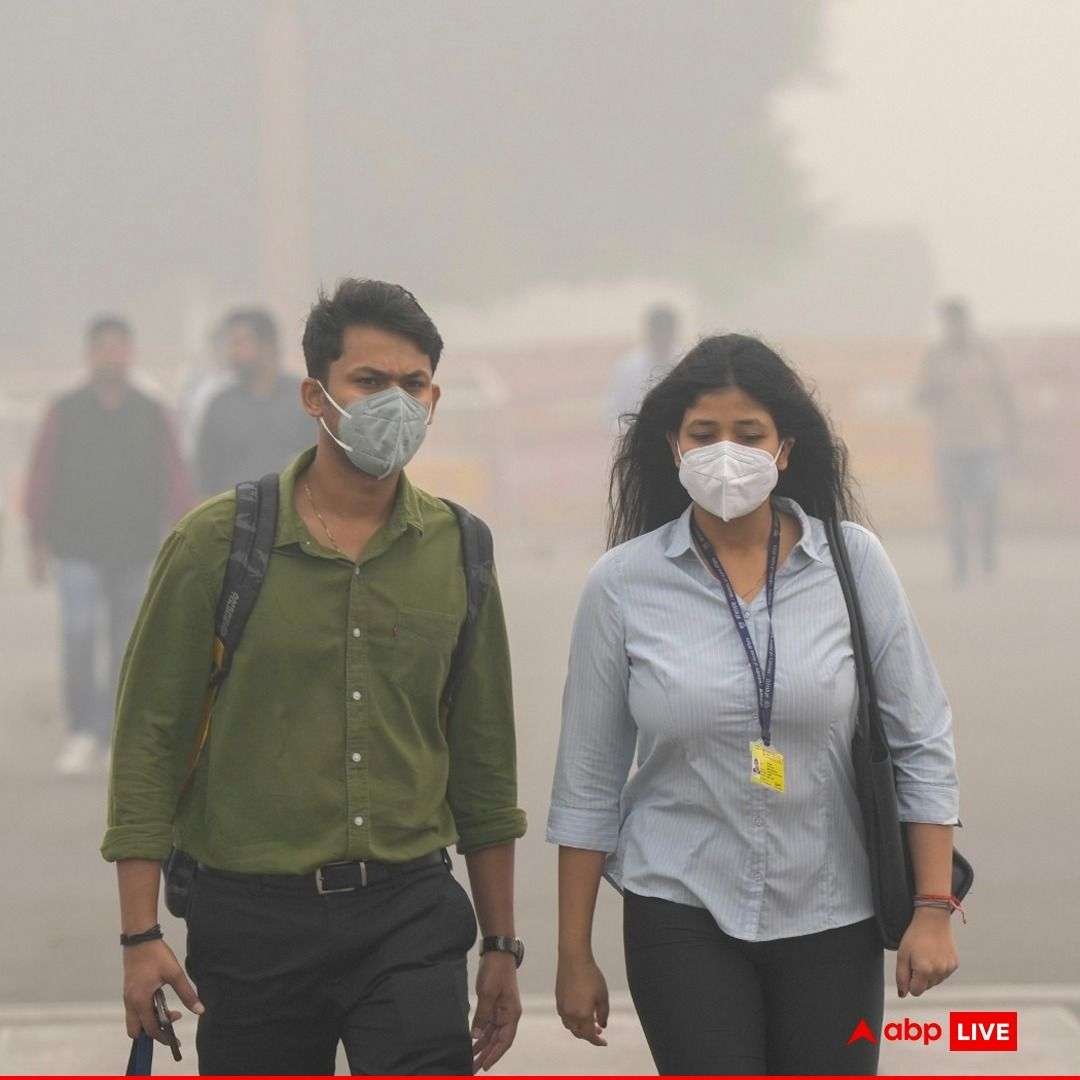

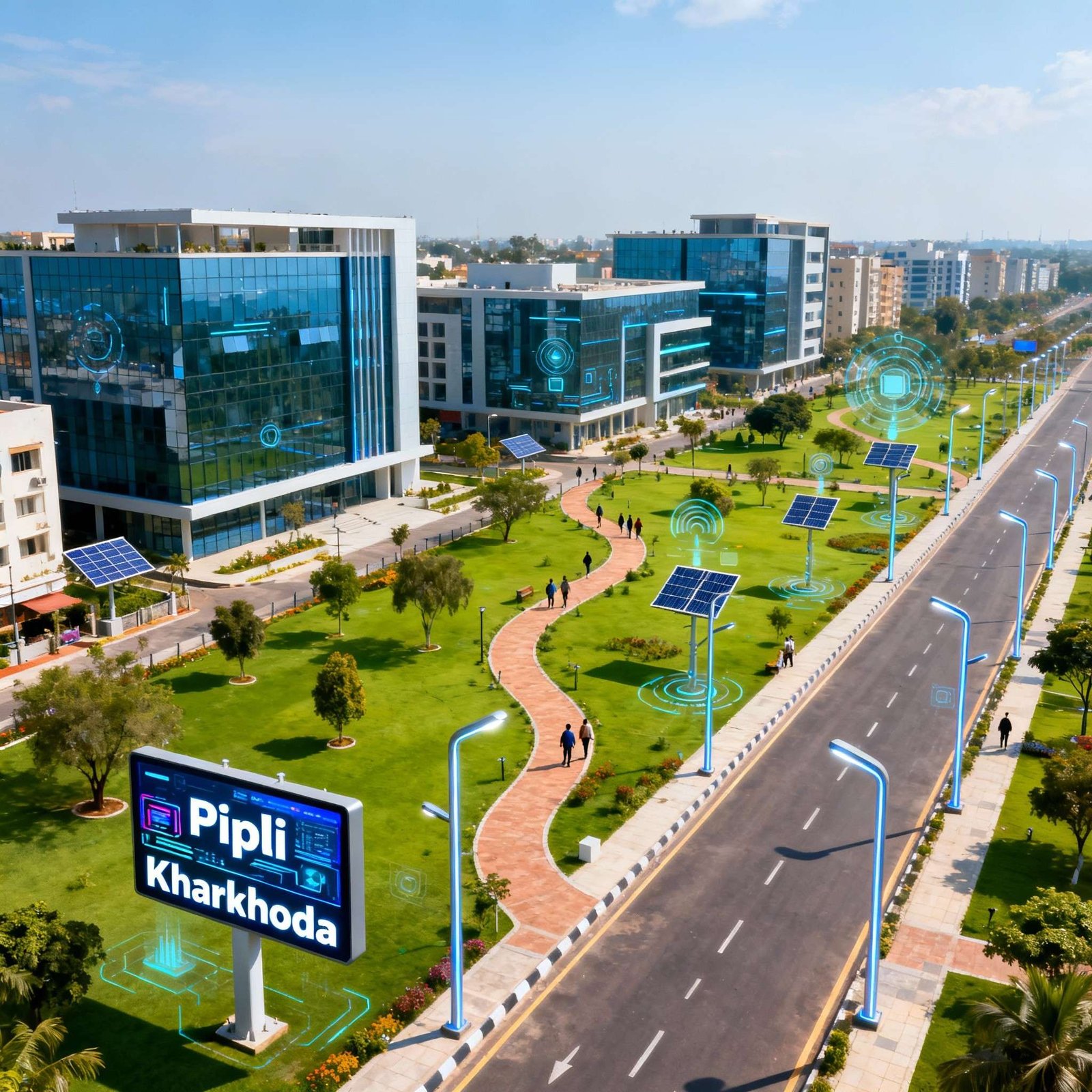
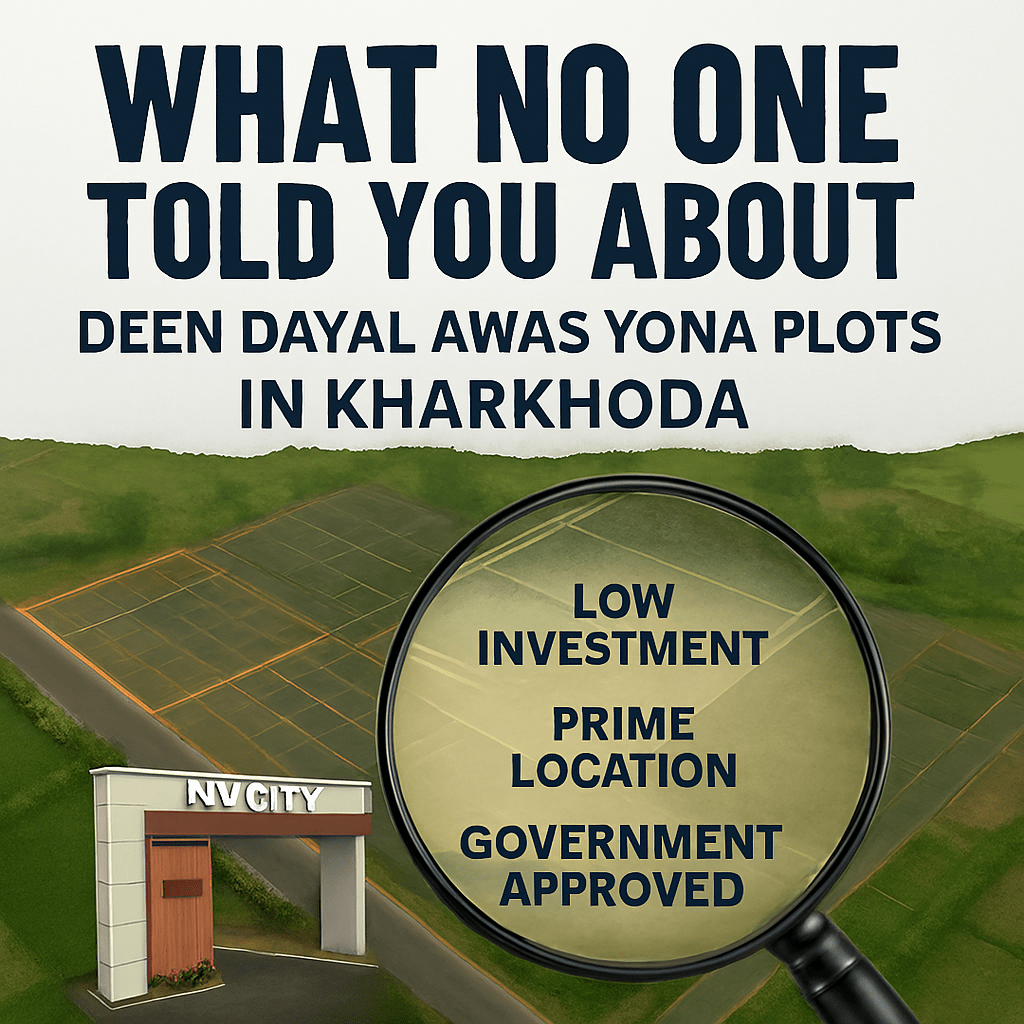
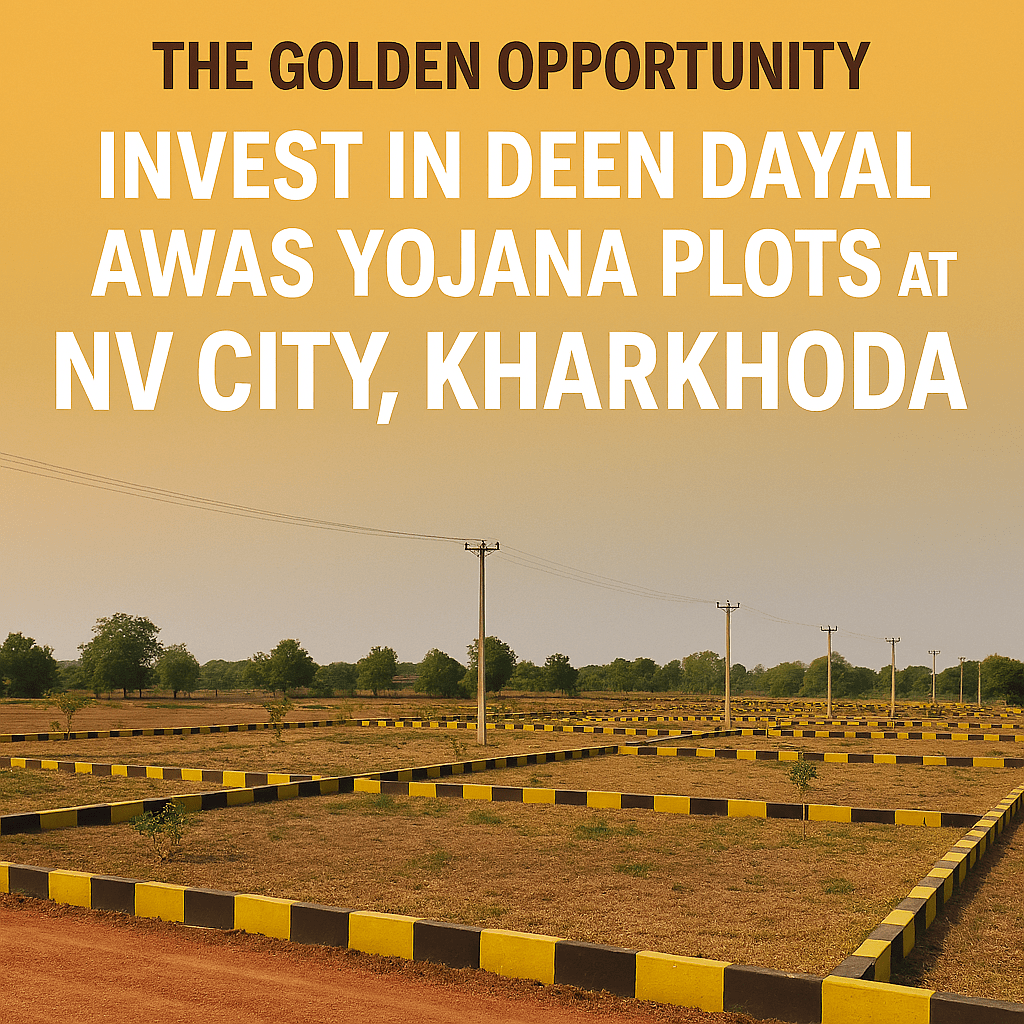
Leave feedback about this